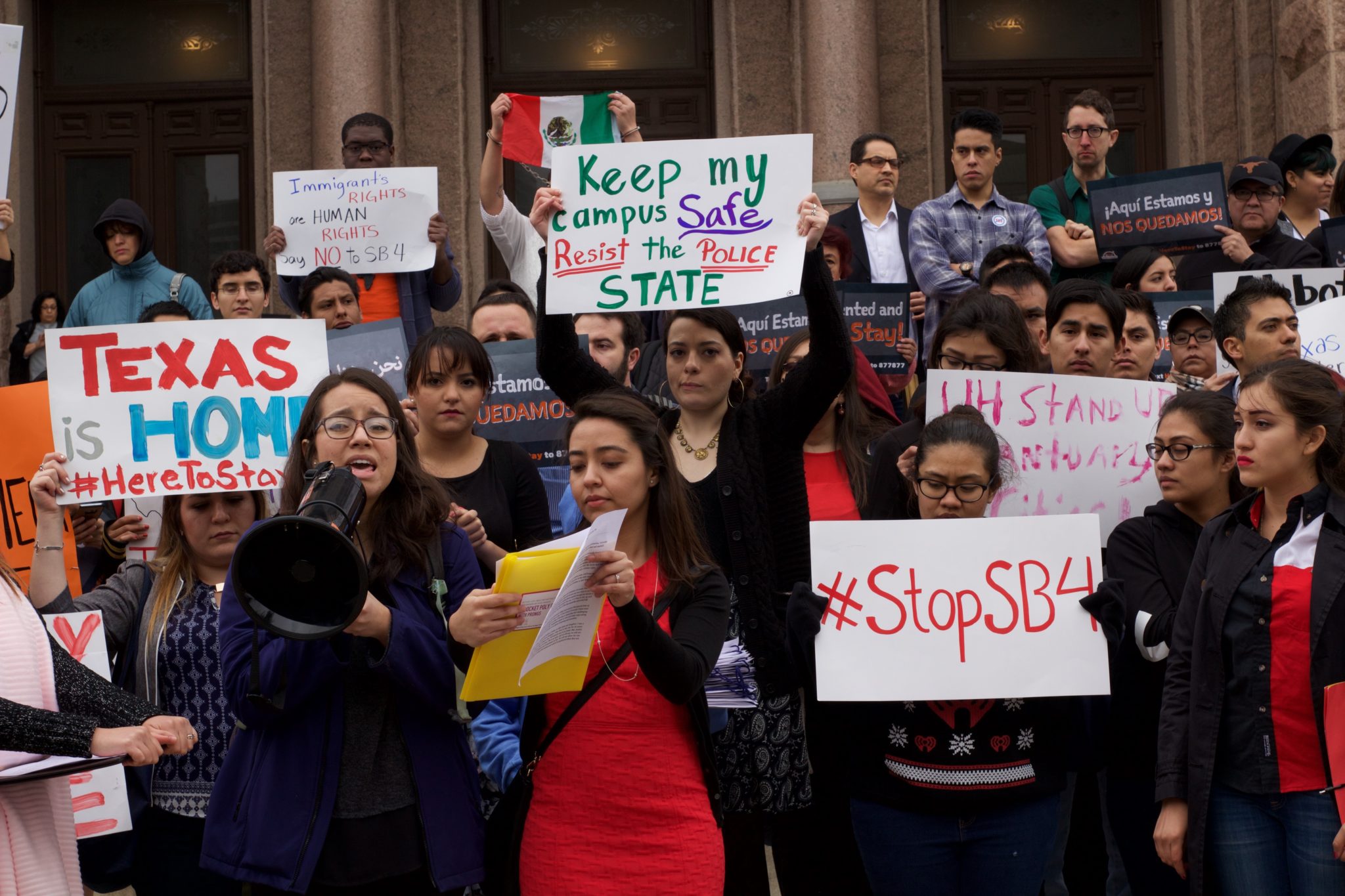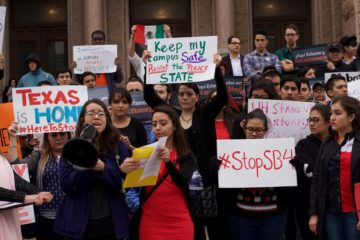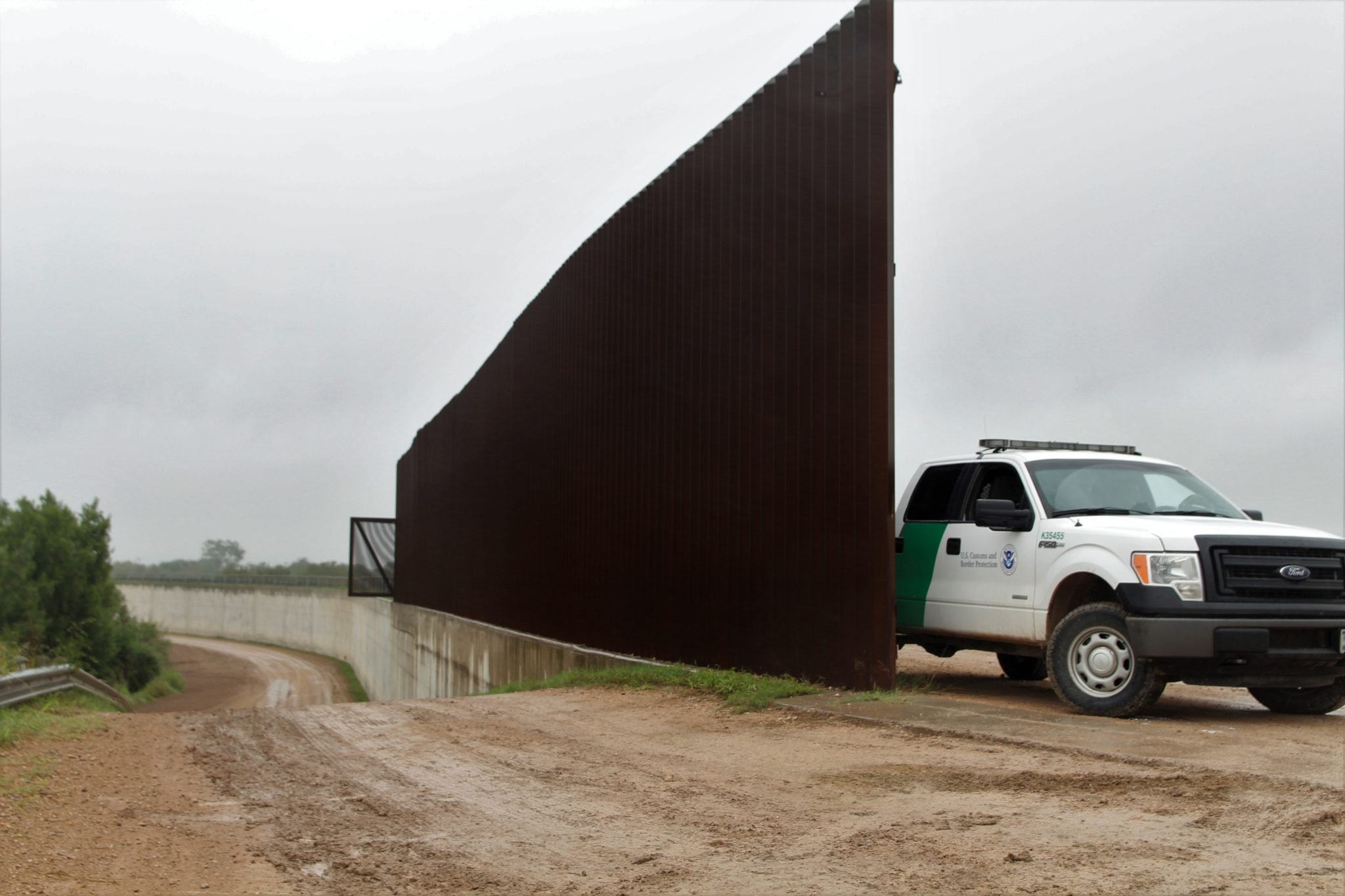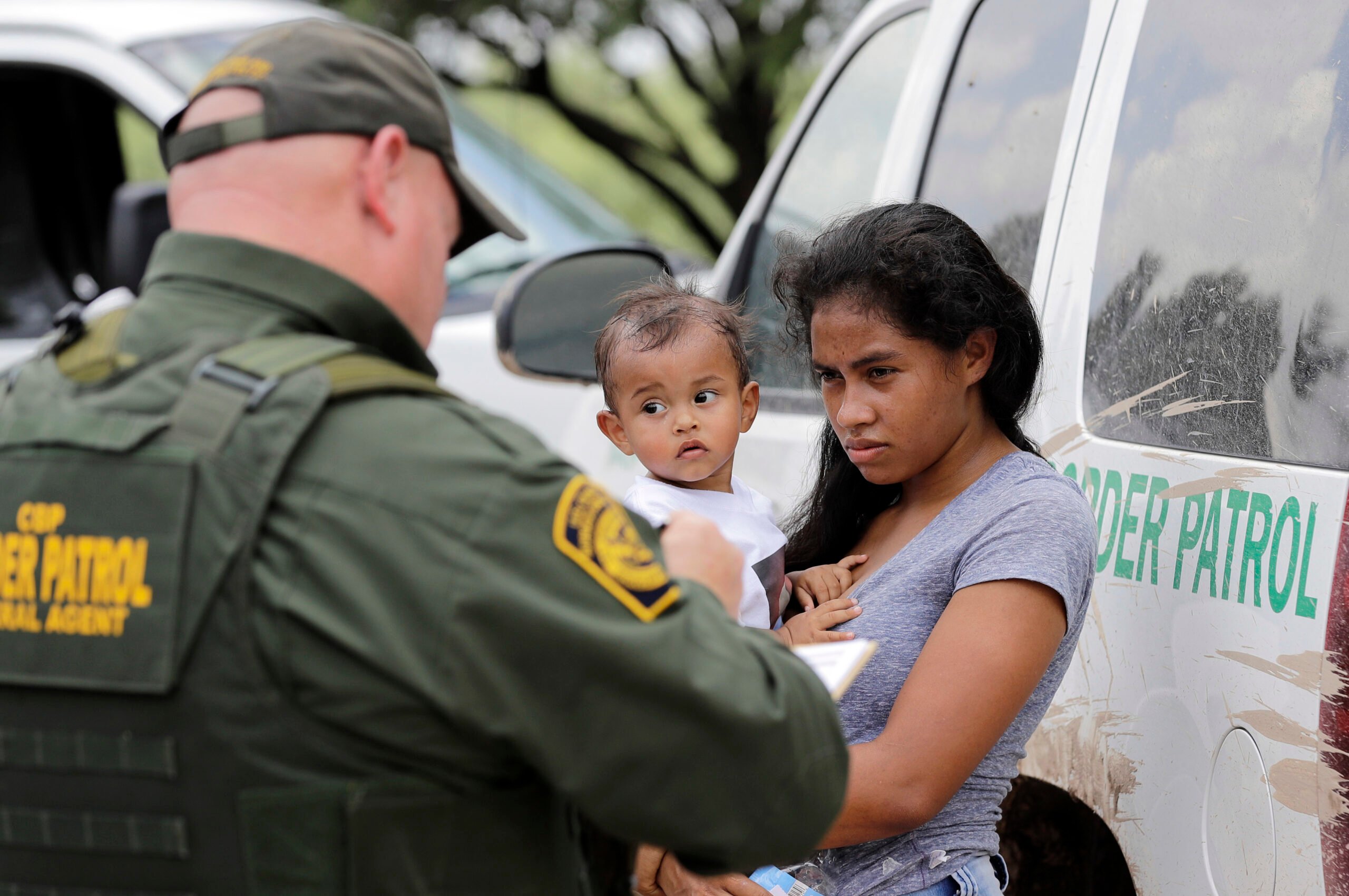
After SB 4, Mexican Consulate Hotline Sees Nearly 700 Percent Increase in Texas Calls
After the signing date of SB 4, Mexican consulates in Texas have been as busy as ever, according to a recent statement.


The 11 Mexican consulates in Texas have experienced an enormous increase in Mexican nationals seeking legal advice and immigration documents after Governor Greg Abbott signed Senate Bill 4, according to the Secretariat of Foreign Relations of Mexico.
After Abbott signed SB 4 — also known as the “sanctuary cities” ban — on May 7, a 24-hour hotline saw a 678 percent increase in the number of phone calls from Mexicans seeking assistance in Texas, compared to the same six-week period in 2016, the agency said. The hotline, known as the Center for Aid and Information for Mexicans, is operated by the Mexican consulate network in the United States.
This declaration was filed to support the cities and groups that are suing the state over SB 4, which is set to take effect September 1. The statement was signed by Reyna Torres Mendivil, the consul general of Mexico in San Antonio, on June 23.
The report lists other spikes in requests for services, compared to the six-week period prior to the bill’s signing: Legal assistance requests surged by 60 percent; requests for passports, birth certificates and ID cards rose by 32.4 percent; and there was a 27.5 percent increase in the number of people requesting information on how to become U.S. citizens.
The sharp increase in calls, requests for documents and visits to the consulates is the product of a shared feeling of “anxiety and fear in Mexican communities in Texas, when anticipating the application of SB 4,” said Carlos González Gutiérrez, the consul general of Mexico in Austin. “It’s worrying because [SB 4] harms the sense of trust between migrants and local police forces, and it reinforces the conception that undocumented individuals are criminals.”
Torres also warns of the economic harm that SB 4 could bring to Texas and Mexico. “Any reduction in the bilateral economic or commercial activity will be detrimental,” the affidavit says. “Of all the U.S. states, Texas exports the most to Mexico.” In 2015, the state traded more than $176 billion worth of goods with Mexico (compared to only $71 billion for California).
Republicans have said SB 4 will stop “sanctuary cities,” communities that choose not to prioritize the deportation of immigrants. The law also allows local police officers to question the immigration status of anyone detained — not just arrested — under a provision better known as “show me your papers.”
SB 4 is currently being reviewed by a federal judge in San Antonio, after a number of civil rights organizations and cities throughout Texas filed a lawsuit seeking a preliminary injunction to stop the law before it takes effect. A ruling is expected later this summer.


